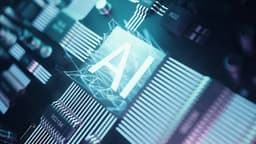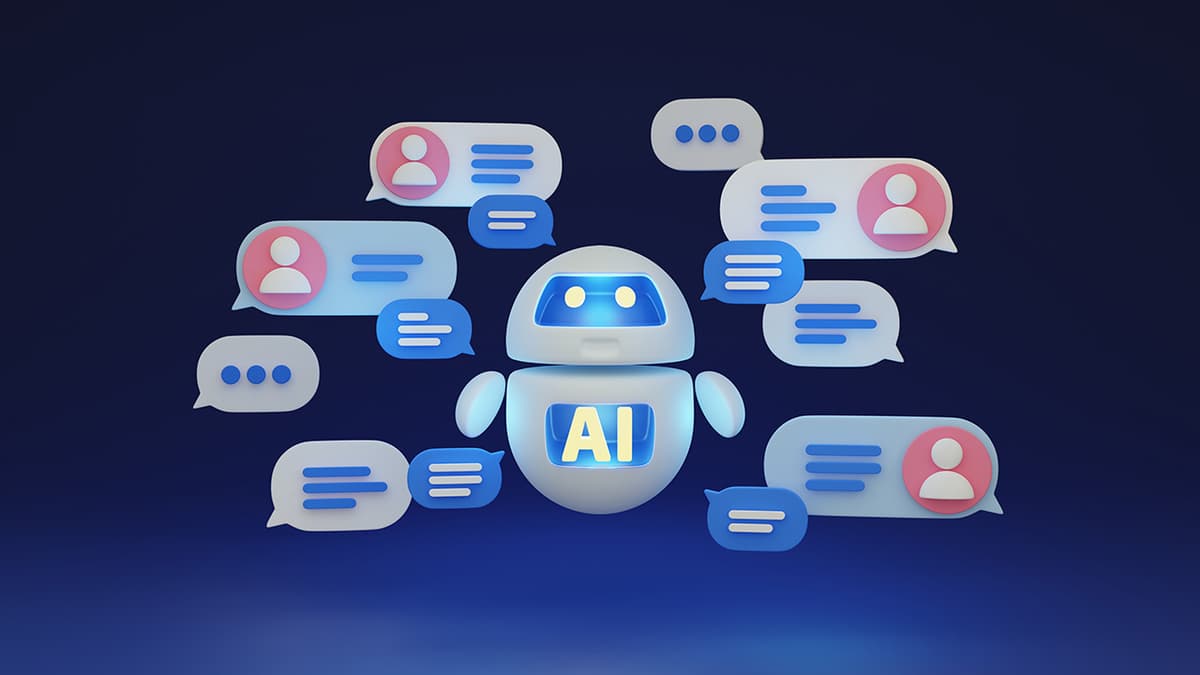The Future of Artificial Intelligence
In the whirl of today’s technological advancements, Artificial Intelligence (AI) stands out as a herald of future possibilities. AI is scheming a path that threads through nearly every aspect of our lives, promising transformations that were once fodder for science fiction stories. This exciting technology, which equips machines with the ability to make decisions and learn from experiences, continues to expand its boundaries. Let’s explore some ways AI is likely to reshape our future.
Revolutionizing Industries
One of the most significant impacts of AI will be its ability to revolutionize industries from healthcare to manufacturing. In healthcare, AI is already being used to make faster and more accurate diagnoses. Tools like IBM Watson are helping doctors analyze patient data against a vast database of medical information, providing insights that can improve treatment outcomes. AI is also pioneering personalized medicine, suggesting treatments tailored specifically to individual genetic profiles.
Manufacturing is witnessing the integration of AI with robotics to create highly efficient production lines. These "smart factories" use AI to monitor processes and predict when machines need maintenance before breaking down, reducing downtime and saving costs. Furthermore, AI in agriculture is optimizing resource use and improving crop yields through data analytics, which informs farmers about the optimal times to plant, water, and harvest.
Enhancing Everyday Life
Beyond big industries, AI is destined to enhance our daily lives. Smart homes equipped with AI-powered devices can learn our preferences and automate tasks like lighting, temperature control, and even ordering groceries when we run low. Virtual personal assistants, driven by AI, are simplifying task management, from setting reminders to managing emails, all done through simple voice commands.
Autonomous vehicles, another marvel of AI, promise a future where driving is optional. These vehicles can reduce accidents caused by human error and free up time for commuters to focus on other activities, transforming how we think about travel. As AI improves, it could lead to entirely new modes of transportation, making travel faster and more accessible.
Transforming Job Markets
As machines become capable of performing complex tasks, the job landscape will undergo significant changes. AI will likely displace jobs involving repetitive or simple decision-making processes. But, it is also poised to create new job opportunities in sectors that design, maintain, and improve AI technologies. Education will need to adapt by providing training in AI and robotics, preparing workers for this new technology-driven economy.
Ethical and Social Considerations
The rise of AI brings with it a host of ethical and social considerations. The ability of AI to process and analyze massive amounts of personal data raises concerns about privacy and surveillance. Ensuring that AI systems are transparent and fair, especially when they’re used in decision-making processes like hiring or law enforcement, is critical. This involves programming AI to be unbiased and equitable in its functions.
Moreover, the power of AI to influence public opinion and create realistic synthetic media like deepfakes could be exploited to spread misinformation. Developing and enforcing standards to prevent such abuses is essential as we integrate more AI into society.
Preparing for an AI Future
To harness the benefits of AI while mitigating its risks, comprehensive policymaking and strategic planning are necessary. Governments, along with private and public entities, need to establish guidelines and regulations that promote ethical AI use. Education systems must evolve to equip people with skills relevant to a future where AI plays a central role.
Vision of Tomorrow
Imagining the future with AI offers a brilliance touched by the promise of technology that serves humanity in profound ways. We are on the brink of living in a world where mundane tasks are automated, allowing humans to focus on creative and strategic activities that foster innovation.
As we stand on the cusp of this transformative era, it’s important to remember that AI is a tool created by humans and for humans. Its ultimate impact depends on the choices we make today. By investing in ethical AI development and preparing our societies through education and regulation, we can aspire for a future that not only leverages AI’s potential but also safeguards human values.
The transformation brought by AI is already in motion, continually evolving, and reshaping our world with each breakthrough. It’s an exciting time to witness how AI will unfold its chapters in the annals of human history. As we prepare to embrace these changes, the dialogue about AI’s role in our future remains pivotal. With careful management and foresight, the age of AI holds an uplifting promise of innovation and human advancement.












